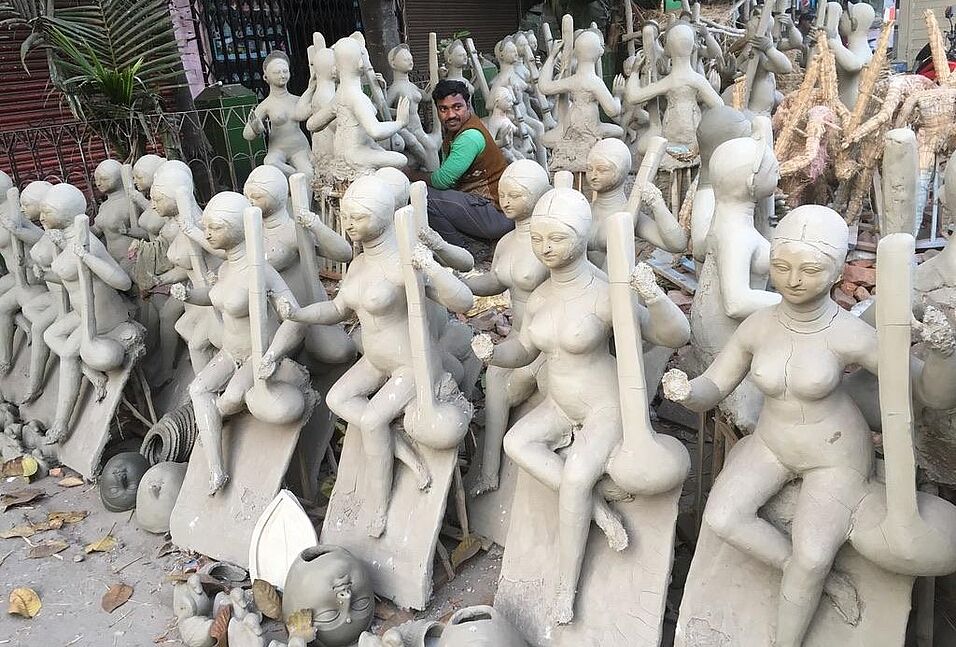About the lecture
Rājaśekhara (tenth century CE), the renowned playwright and scholar of literature, discusses in great detail the formative period and classification of poets in his brilliant but rather idiosyncratic theoretical work, the Kāvya-mīmāṃsā, ‘The Investigation of Poetry’. He explores the varieties of talent and inspiration (divine and mundane), the kinds of poetic output, describes the daily routine of a wealthy court poet, and touches upon such issues as plagiarism. In this way, Rājaśekhara presents us an intriguing, very original portrait of the poetic profession.
About the speaker
Csaba Dezső studied Classical Philology, History and Indology at Eötvös Loránd University, Budapest. After finishing his MA-s (Latin Language and Literature, Indology), he went to Oxford in 1998 to study for a PhD under the supervision of Professor Alexis Sanderson. He submitted his doctoral thesis in 2004, a critical edition and annotated translation of Bhaṭṭa Jayanta’s Āgamaḍambara, a satirical play about religious sects and their relations with the court in Kashmir around 900 CE. He then returned to Budapest and has been teaching Sanskrit since then at the Department of Indian Studies, Eötvös Loránd University. He has published, among others, first editions of fragments of Sanskrit plays based on codices unici, as well as a new critical edition and English verse translation of Dāmodaragupta’s Kuṭṭanīmata, “The Bawd’s Counsel”, in collaboration with Dominic Goodall. Recently he has been working on the critical edition of Vallabhadeva’s commentary on the Raghuvaṃśa together with Dominic Goodall, Harunaga Isaacson and Csaba Kiss.

